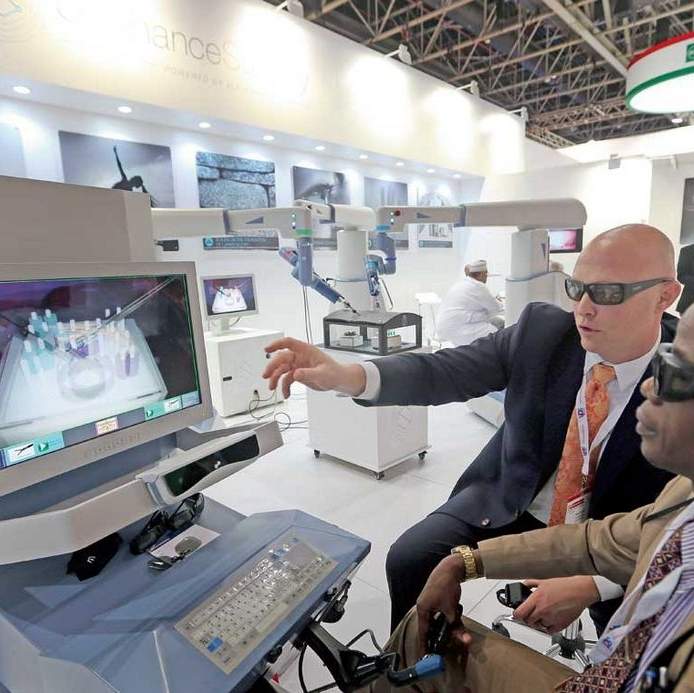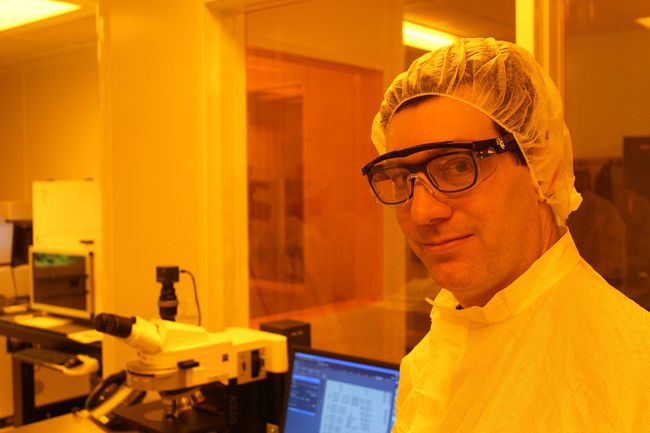
China’s National Supercomputer Centre announced that the prototype for its exascale supercomputer will be completed later this year, ahead of its initial date in 2018. The successful performance and commercialization of the computer is presumed to drastically improve existing 3D printing or additive manufacturing methods.
Over the past few years, the Chinese government and companies in the private sector have been increasingly focused on the development of supercomputers. The Tianhe supercomputer series which feature Tianhe-1 and Tianhe-2, still remains as the most powerful supercomputer series, below the Sunway TaihuLight which was released in mid-2016.
Zhang Ting, a computer engineer based in the National Supercomputing Center of Tianjin located at the National Defense Science and Technology University, revealed earlier this month that in 2020, three years after the completion of the prototype, the exascale computer will be used to its full potential, running a wide range of applications, networks and platforms.









